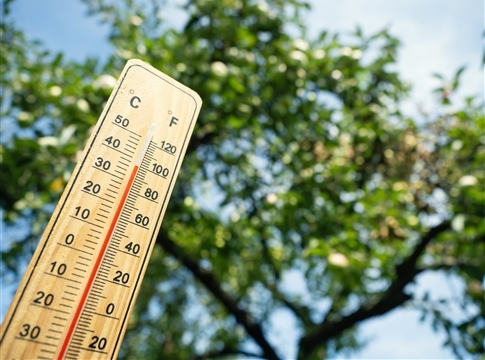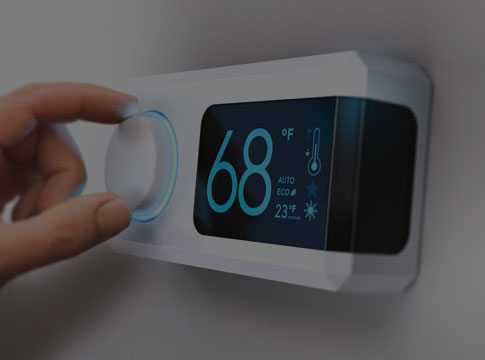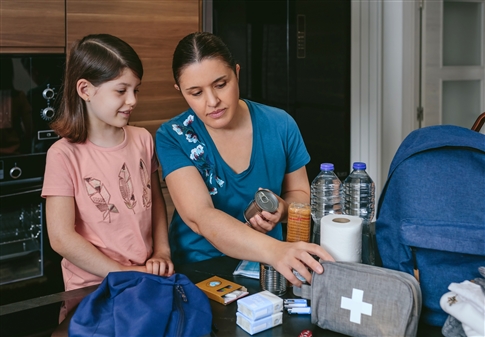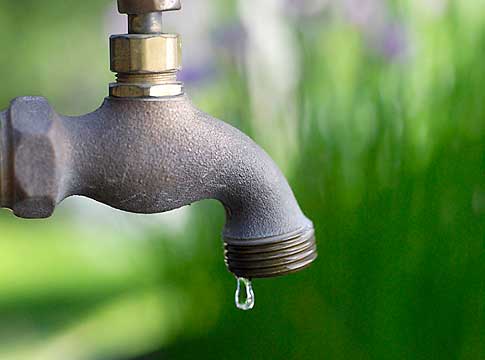Related News
Related News
-
EWEB Board of Commissioners selects BPA administrator for general manager role
In a unanimous vote, EWEB’s Board voted to move forward with negotiating an employment offer to BPA’s John Hairston.
Find Out More -
EWEB and Lane Electric Cooperative sign agreement to transfer EWEB's McKenzie Valley customers
EWEB and Lane Electric Cooperative have reached an important milestone in transitioning electric service from EWEB to Lane Electric in the McKenzie Valley. The two utilities have officially signed agreements for EWEB to sell its electric service territory in the McKenzie Valley to Lane Electric.
Find Out More -
EWEB Board adopts 2026 organizational goals to guide utility priorities
At the January public meeting, EWEB adopted a new set of organizational goals for 2026, providing direction for our work priorities in the year ahead.
Find Out More -
Cold temperatures this week drive highest electricity demand of the winter so far
Frosty conditions in Eugene this week have driven electricity demand to the highest levels so far this winter as heaters strain to keep homes and businesses warm.
Find Out More -
Our Favorite Photos of 2025
For a final look-back at 2025, we’d like to share some of our favorite photos that illustrate our work day-in and day-out. We celebrate amazing teamwork, vital partnerships, and sing the praises of our individual champions and their quiet dedication to serving our community!
Find Out More -
EWEB and the UO launch energy generation pilot project
Pilot project gives EWEB the option to run UO’s on-site natural gas generator this winter, gathering valuable insight into the generator’s efficiency and reliability.
Find Out More -
Sustainability Snapshot - Celebrating Energy Efficiency Projects in the Community
Sustainability Snapshops highlight impactful projects completed by EWEB's Customer Solutions department, as a way to celebrate the meaningful work happening behind the scenes.
Find Out More -
McKenzie Valley electric service territory realignment study reaches key milestone
EWEB Commissioners approved a resolution authorizing the General Manager to negotiate and execute agreements with Lane Electric Cooperative regarding a potential realignment of electric service territory in the McKenzie Valley at the Board’s December meeting.
Find Out More -
EWEB Sets 2026 Budget and Rates, Advances Evaluation of McKenzie Valley Service Territory Realignment
Taken together, the 2026 budget and rate adjustments and the territory-realignment evaluation reflect EWEB’s dedication to responsible financial stewardship, modern, resilient utility infrastructure, and thoughtful planning for the future.
Find Out More -
Women in STEM: Meet the Hydro Project Engineer Building Habitat for Salmon
EWEB Engineer Associate Val Chang found her way to the McKenzie River from Los Angeles, inspired by heritage trips to the waters of Taiwan and key mentors along the way.
Find Out More -
Public Power Week Poster Contest Winners 2025
The results are in! View the winning posters from EWEB's 2025 Public Power Week Poster Contest.
Find Out More -
EWEB Hometown Heroes compete internationally
Out of 290 teams from 14 different countries, EWEB's Lineman Rodeo team places in the top third of competitors.
Find Out More -
EWEB's Halloween Truck-or-Treat is a huge success
Community members are accustomed to spotting EWEB trucks around Eugene streets and neighborhoods. But last week, those familiar vehicles looked a little different. At EWEB's second annual Truck-or-Treat Customer and Crew Appreciation Event, our fleet transformed into a festive Halloween spectacle.
Find Out More -
Let's Talk Turkey. Is your family ready for winter?
We're heading into the holidays, but that also means snow, ice, and not-so-nice weather might be in the forecast. Here are some tips to prepare in advance.
Find Out More -
Vote for your favorite Public Power Week Posters
The top five submittals will receive awards. Help us pick the winners.
Find Out More - Show More
Stay cool during extreme heat events
August 14, 2023 • Ashley Cissna, EWEB Communications

Over the next several days Lane County is forecasted to reach temperatures upwards of 100 degrees. Here at EWEB, we are ready to deal with the stress that extreme heat may place on our electric system. We encourage customers to be prepared, stay cool and hydrated and practice safety by developing an emergency plan and checking in on neighbors.
Extreme heat can impact the electric grid.
EWEB has enough energy to supply customers, but extreme heat can create "peak demand" events that tax the regional grid as people crank up air conditioning units to stay safe and cool.
Improving the overall energy efficiency of your home is critical in contributing to a more stable and resilient grid. Homes with efficient heating and cooling systems and good insulation use less energy, which can be important in extreme weather events. EWEB offers several loans and rebate programs to help offset the cost of upgrading windows, insulation, and more.
Using less electricity during peak usage times can also benefit our local grid and power resources. Shifting energy use to "off-peak" can be as simple as running the dishwasher, charging your electric car, or doing the laundry later at night (after 9 p.m.). Learn more about peak power.
Finally, watching our water use can help the grid as well. It takes a lot of energy to treat and deliver the water you use every day. It takes even more energy to turn it into hot water. Saving water saves energy, which in turn reduces greenhouse gas emissions. Fixing leaks around the house, taking shorter showers, and planting "water-wise" landscapes are also great ways to take care of our water source, the beautiful McKenzie River.
Cooling tips for your home
Air conditioning is one way to cool your home, but the energy use can quickly add up on your utility bill. A combination of proper insulation, energy-efficient windows and doors, shading, and ventilation will usually keep your home cool, with a low amount of energy use. Here are a few additional tips to help you stay cool over the next several days of forecasted high temperatures:
- Depending on the air quality, open your windows at night to take advantage of the naturally cooler night air. Opening multiple windows helps to increase cross ventilation and provide a cooling draft.
- Keep your windows and doors closed during the hottest parts of the day. If you have air conditioning, close the doors to unused rooms so you aren’t working to cool unnecessary areas of your home.
- Shade the windows of your home. External shades and trees are best, but even just using a curtain or other window covering inside the home can prevent the sun from warming the inside of your home.
- Use a fan instead of the air conditioning. Moving area feels cooler, so give your AC unit a break and set up a few fans to create an air flow through your living space.
- Think about how you are preparing meals. Ovens and ranges can put off a lot of heat, so consider an alternative cooking method, such as a slow cooker, pressure cooker or microwave. If the air quality is ok, use a grill or camp stove to avoid heating the kitchen.
If necessary, take advantage of one of the many cooling centers available in Lane County to help you beat the heat. Remember to drink plenty of water and stay indoors or in the shade as much as possible. Heat related illness is a real and serious threat when temperatures rise, particularly for young children, adults 65 and older, and people with chronic illness, are overweight, work outdoors or have a low income. Learn to recognize the signs of heat related illnesses and check on your friends and family. The best way to protect yourself from the harmful effects of excessive heat is to stay cool, stay hydrated and stay informed.
Plan ahead for emergencies
EWEB crews are getting ready to deal with the stress that extreme heat may place on our electric system. While we hope to avoid power outages, we always encourage customers to plan ahead for staying cool, fed, and hydrated in the event the power does go out.
Have alternate plans for refrigerating medicines or using power-dependent medical devices. Create an outage kit with a few basic items, such as:
- Stored or bottled water
- Flashlights and fresh batteries
- Back-up batteries for cellphones
- Battery-powered or hand-held fans
- Frozen cold packs
Plan ahead to relocate to a friend or family member's home or to a shelter, especially if you have a medical condition that requires electricity or you'll need to work or learn from home during an outage. Find more emergency preparedness tips and sign up for EWEB's Pledge to Prepare at eweb.org/emergencyprep. To receive EWEB related emergency alerts, sign-up for our emergency alert emails.
Related Programs
Saving money on your energy bill may be easier than you think. Check out tips that could deliver real savings.
Together, we prepare. Find information about preparing your household for an emergency.




